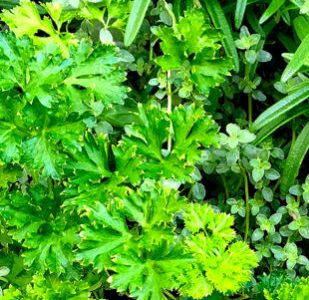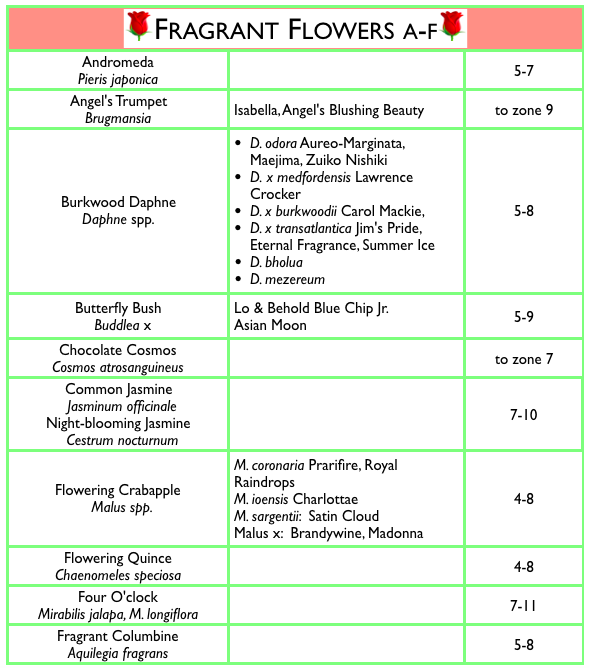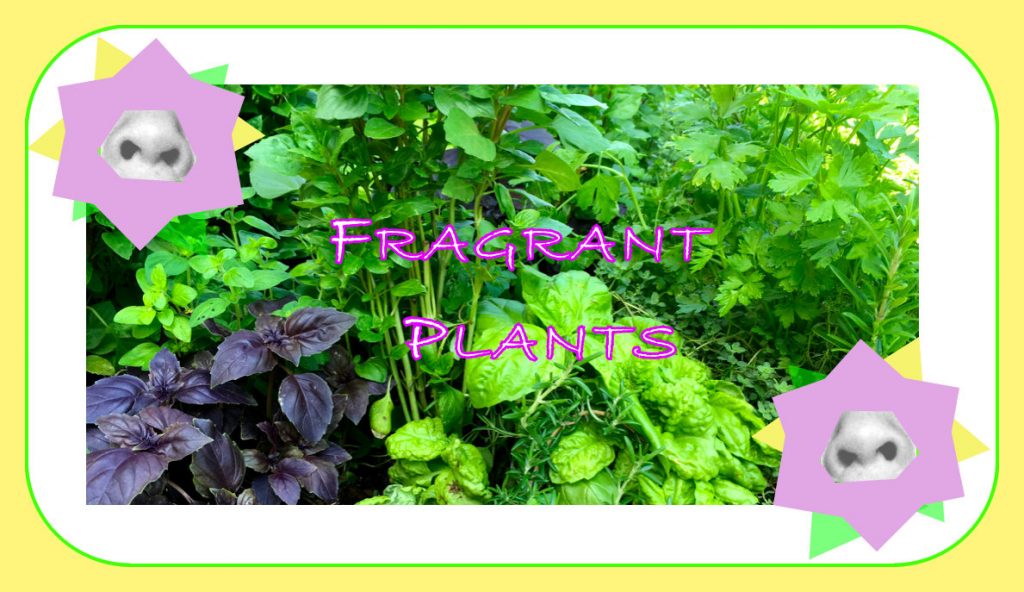
If a flower opens in the forest and no one is there to smell it, will there be a scent? After a bit of poking around into various sources, I can confidently answer yes.
“Why?” asks the Discerning Reader. “Cite your source”.
Well, because science.
Turns out, plants are not the strong silent types we assumed they were. They talk, sort of. The garden and forest fragrances we like are dispatches from one plant to another or to animal allies, and are not meant for humans at all:
🌱Ouch! something is nibbling on my roots. Feels like nematodes. Send help.
🌱Itching all night long and what do I find at sunrise? Holes in my leaves, caterpillars everywhere, mass hysteria! Send help.
🌱Pollinators: Get your fresh nectar here!
Scientists in the fields of plant biochemistry and plant physiology are beginning to decode these info-rich chemical messages with an eye to uses such as non-toxic pest control.
If you are on the hunt for fragrant plants to transform your outdoor space into a mind-altering mini-Eden, the foregoing list may be helpful.
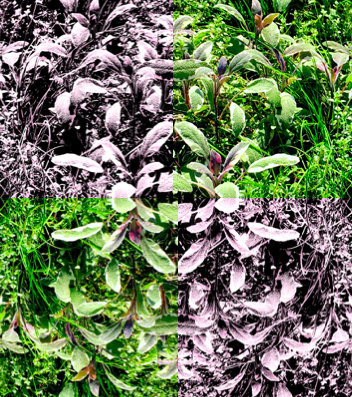
Or, skip below for a murky, quirky, entirely unhelpful discussion of the sense of smell.
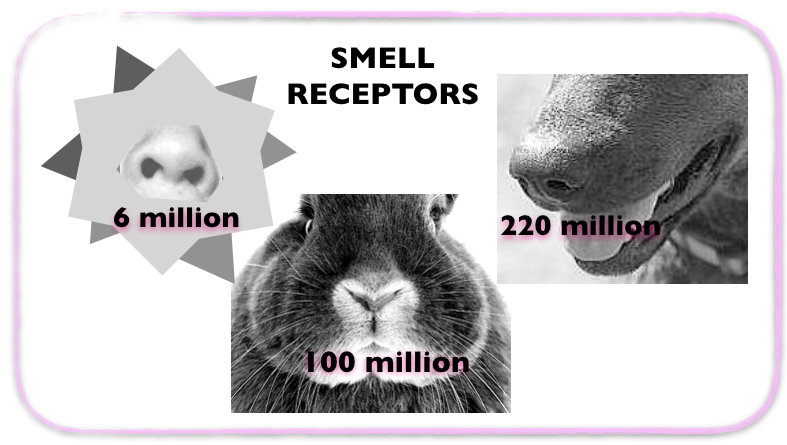
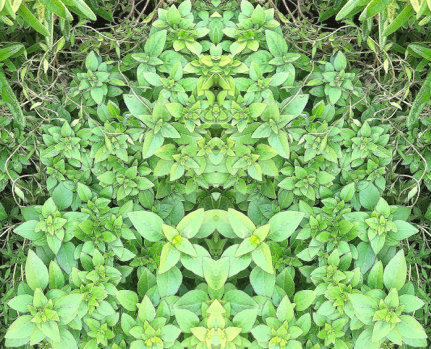
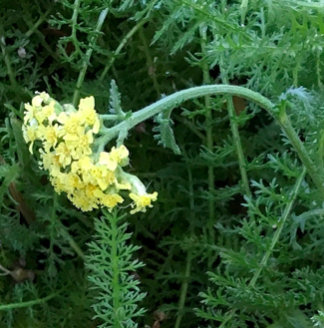
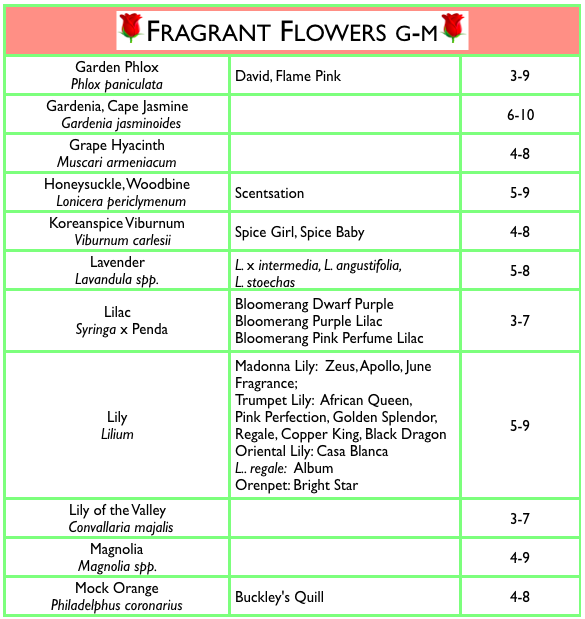
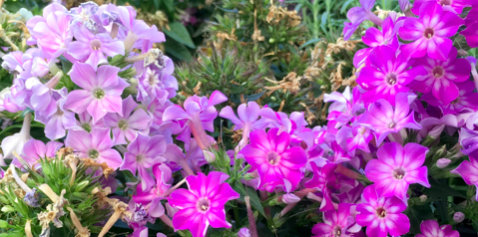
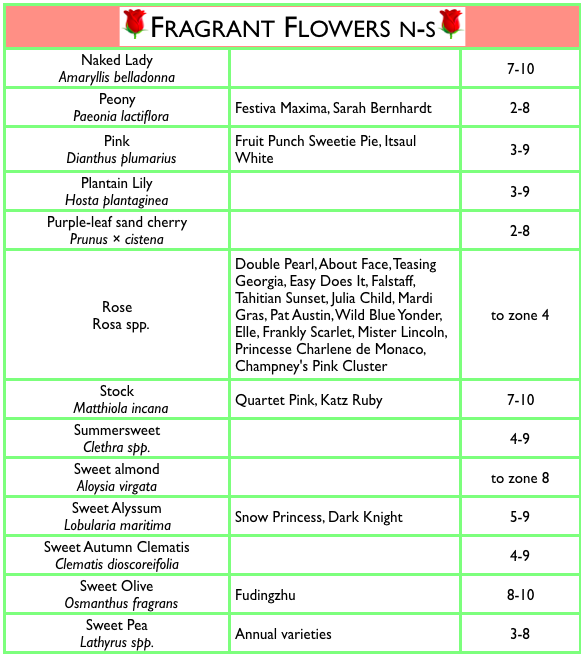
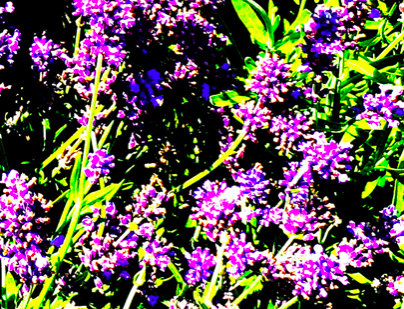
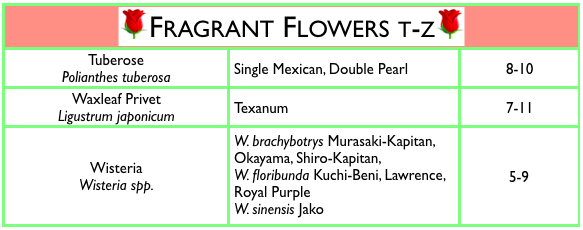
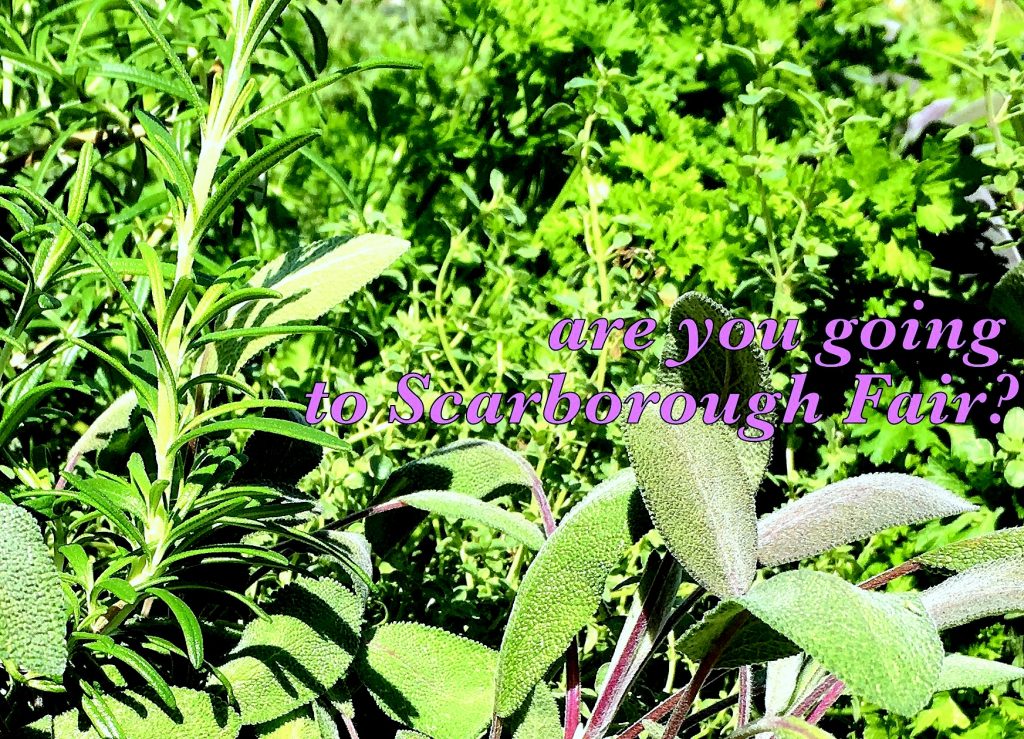
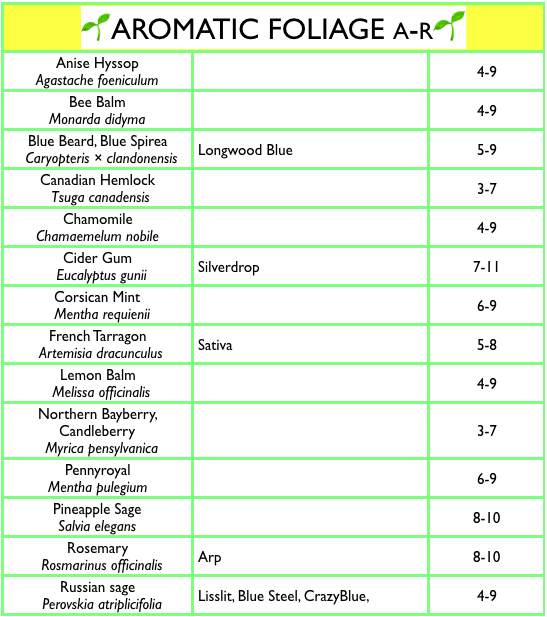
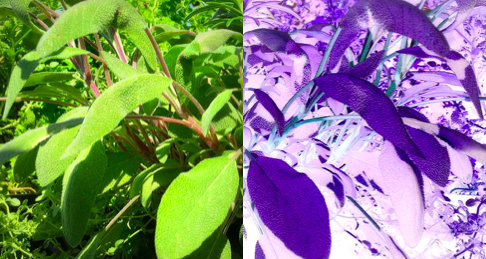
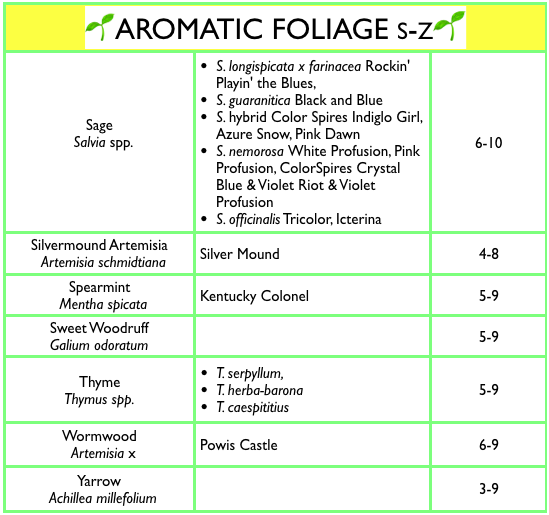
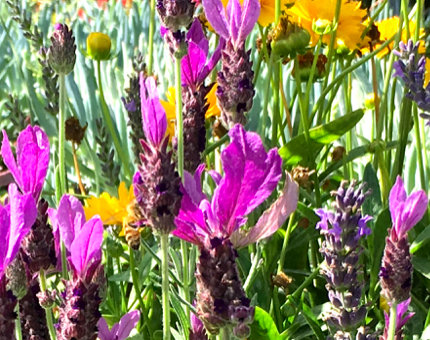
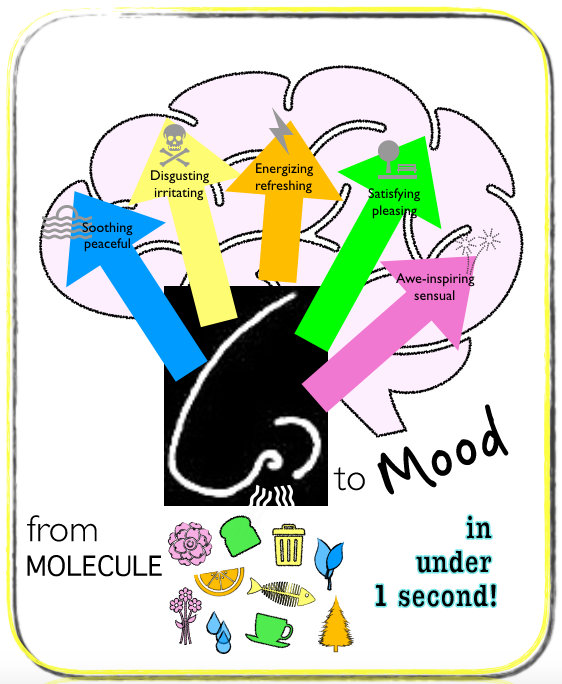
How does this sense work? I’ll tell you – I don’t know. But there are a lot of different parts involved and they are all located inside your skull. The interwebs have a filth of riches if you would like to geek out on the current state of scientific knowledge. Below you may or may not find a useful infographic.
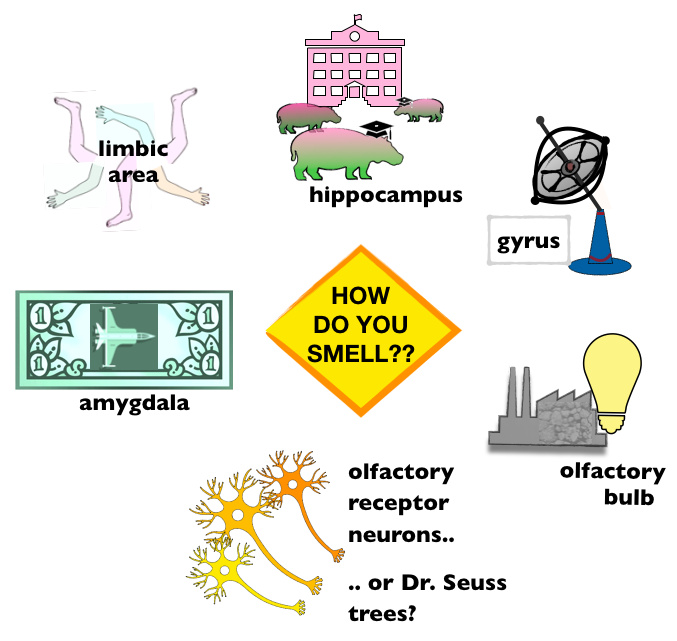
Sense of smell info-morsels for nibbling types:
- Even single-celled organisms have a primitive sense of smell built into their cell membranes.
- The possible number of smells detectable by the human nose might be more than one trillion, but we don’t have many words for smells (outside the world of perfume chemistry). Usually we resort to comparison with a known standard “it sort of smells like -” An exception: The Jahai language -spoken by an indigenous group of people living in Malaysia- has been found to contain a surprising abundance of words for describing smell.
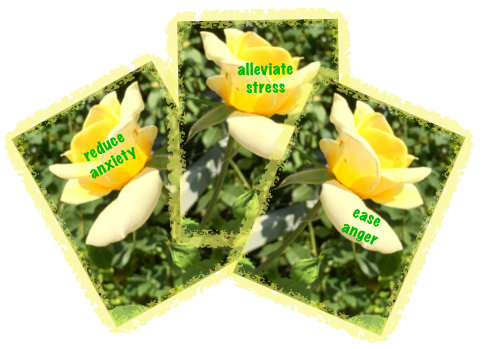
- Noses outperform eyes and ears. We can see a few million colors and hear around half a million tones, but one postage stamp-sized patch of mucus-covered tissue at the top of the nasal passages lets us potentially distinguish between more than a trillion different smells.
- Even single-celled organisms have a primitive sense of smell built into in their cell membranes.
- Smell is the first sense to develop.

- The possible number of smells detectable by the human nose could be more than one trillion, but we don’t have many words for smells (outside the world of perfume chemistry). Usually we resort to comparison with a known standard “it sort of smells like -” An exception: The Jahai language -spoken by an indigenous group of people living in Malaysia- has been found to contain a surprising abundance of words for describing smell.
- Noses can outperform eyes and ears. We can see a few million colors and hear around half a million tones, but one postage stamp-sized patch of mucus-covered tissue at the top of the nasal passages lets us potentially distinguish between more than a trillion different smells. As to how many of those we might wish to smell, science does not speculate.
- Sheiseido makes a perfume derived from roses transported into space, where the zero-gravity environment causes the flowers to release compounds which would not be detectable on earth. The fragrance is called Zen and I will be cautiously waving a sample under my delicate nostrils as soon as I can find a store where it is sold. Nothing short of space roses (or spray-on humic acid) could induce me to approach a cosmetics counter.
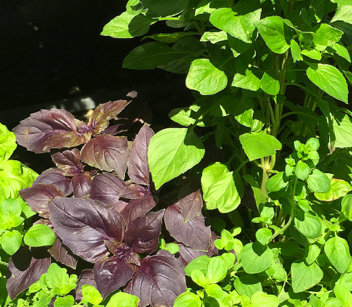
- Fresh-mown grass is a scent that instantly brings back fond memories for some who grew up in suburban neighborhoods, even those of us whose chores included lawn care. To revisit those summer days, you can get behind/aboard a mower, or skip the hassle and buy a cut-lawn-fragranced candle with a convincing, if artificial, mock-up of the real deal – how strange that would seem with snow on the ground! Meanwhile in plant world, that same scent is actually a combined chorus of itty-bitty chemical screams, frantic signals for blade stumps to seal up their wounds and mobilize internal defenses.
- 5% of our DNA is assigned to smell.
- The use of aromas as a way of communicating information may have potential in teaching deafblind children.
- Smell has been shown to play a role in: spending, dreams, blood sugar, memory, concentration and feelings of love. Perhaps science can find a way to make people in groups behave more charitably. I’d support public funding for that.
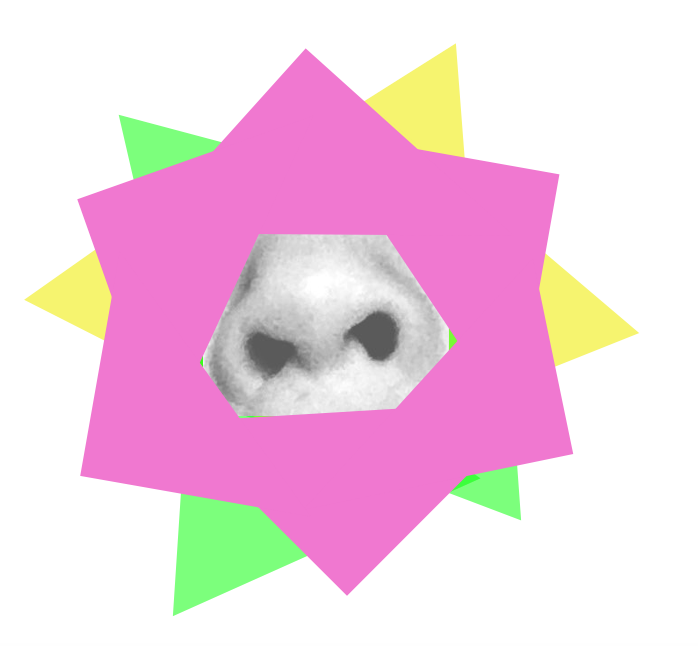
- Smell information travels to the amygdala and hippocampus, brain regions involved in emotion and memory. That’s why smells are so nostalgic (like Crayolas!).
- Studies have found that smell is an unconscious and purely emotional sense, affecting even the sleeping brain. Alpha (relaxed) brain waves in the back of the head increase with lavender, while Beta (awake & alert) brain waves in the front of headincrease with jasmine.
- Bad smells, called “malodors” are correlated with an uptick in anxiety and angry behavior.
- Up to 90% of our sense of taste depends on the ability to smell. Head injuries can cause smell loss which often leads to depression and anxiety.
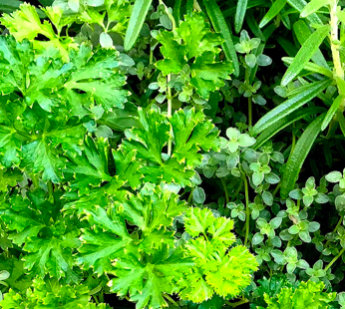
- Positive aromas can affect how fast we learn, eye-hand coordination and perception of time and space.
- Cucumber and green apple increase a sense of space, which can help with claustrophobia.
- Eucalyptus combined with menthol and camphor enhances empathy and eye-hand coordination.
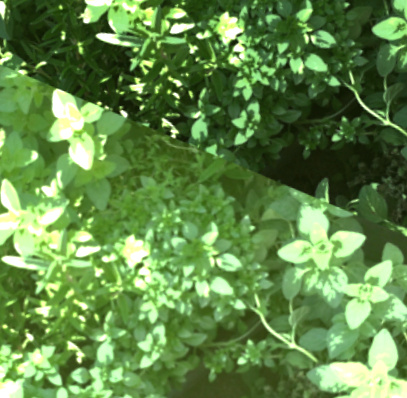
- Think Vikings are cool?On your next UK trip, visit Jorvik Viking Centre, where you can experience the sights, sounds and smells of a Viking village.
Bubby LiV

